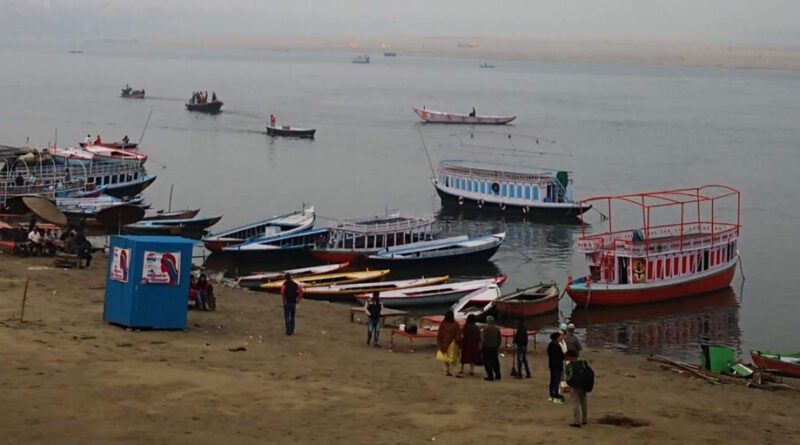IRP Inde : Échanges nappe-rivière et résilience des écosystèmes fluviaux au changement global. Approche comparative des bassins du Gange et du Rhône
Effets des échanges nappe-rivière sur la résilience des écosystèmes fluviaux au changement global. Approche comparative des bassins du Gange et du Rhône
L’objectif du présent projet est d’examiner et comparer les effets des formes fluviales et des échanges nappe-rivière sur l’hétérogénéité de la température des rivières, la qualité de l’eau et la santé des écosystèmes à l’aide de mesures in situ répétées, de télédétection et de modélisation. Ce travail doit ainsi permettre de mieux évaluer la résilience des écosystèmes fluviaux au changement global. La recherche est interdisciplinaire, impliquant des écologues, des hydrogéologues et des géomorphologues afin de couvrir les compétences techniques nécessaires pour caractériser les phénomènes et comprendre les différents processus en jeu. Nous proposons de tester certaines méthodes de caractérisation déjà développées sur certains sites à d’autres contextes pour mieux évaluer leur robustesse et le potentiel de généralisation. Les approches combinent également des échelles géographiques emboîtées, certains travaux de caractérisation fonctionnelle sont conduits à l’échelle de tout le réseau hydrographique du Gange et du Rhône, alors que des mesures de terrain et une modélisation des processus sont réalisées sur des tronçons fluviaux plus spécifiques présentant des enjeux de connaissance.
Effects of River-Aquifer Exchanges on Riverine Ecosystem Resilience to Global Change Comparative Approach of the Ganga and Rhône River Basin Networks
In this research project, the effects of geomorphology and River-Aquifer and Hyporheic Zone exchanges on river temperature heterogeneity, water quality and ecosystem health will be examined, analyzed and compared using field monitoring, remote sensing and mathematical modelling in order to understand and gather information on the river ecosystem resilience to global change. The research will be interdisciplinary, involving ecologists, hydrogeologists and geomorphologists to cover the technical skills to characterize the phenomena and understand the different processes involved. We propose to test some methods of characterization already developed on some sites to others to better assess methodological robustness and generalization potential. Approaches will also combine a set of nested geographical scales, from the entire hydrographic network of the Ganga and Rhône down to detailed reach scales for conducting field efforts and modelling.
Temperature in the riverine environment is a key indicator of chemical and microbiological quality of river water that is influenced by geomorphology and River-Aquifer (R-A) exchanges along with Hyporheic Zone (HZ) exchanges. Such exchanges also impact the quality of both surface water and groundwater significantly as polluted groundwater discharges the pollutant into the river or vice-versa.
Partenaires : Inde
- Department of Civil Engineering, Indian Institute of Technology (BHU), Varanasi, 221005
- Department of Botany, Banaras Hindu University (BHU), Varanasi
- Earth Sciences, Indian Institute of Technology Gandhinagar Palaj, Gandhinagar, Gujarat, India – 382355
- Department of Biosciences and Bioengineering, Indian Institute of Technology Guwahati, Guwahati 781039 Assam
- Department of Civil Engineering, Indian Institute of Technology Delhi.
Participants: France
- ENS de Lyon
- Lyon 3
- Lyon 1
- Ecole des Mines de Saint Etienne
- CNRS
-
- UMR 5600 EVS
- UMR LBBE
- UMR 5023 LEHNA
- UMR LEM
- UMR 5672 Laboratoire de Physique

